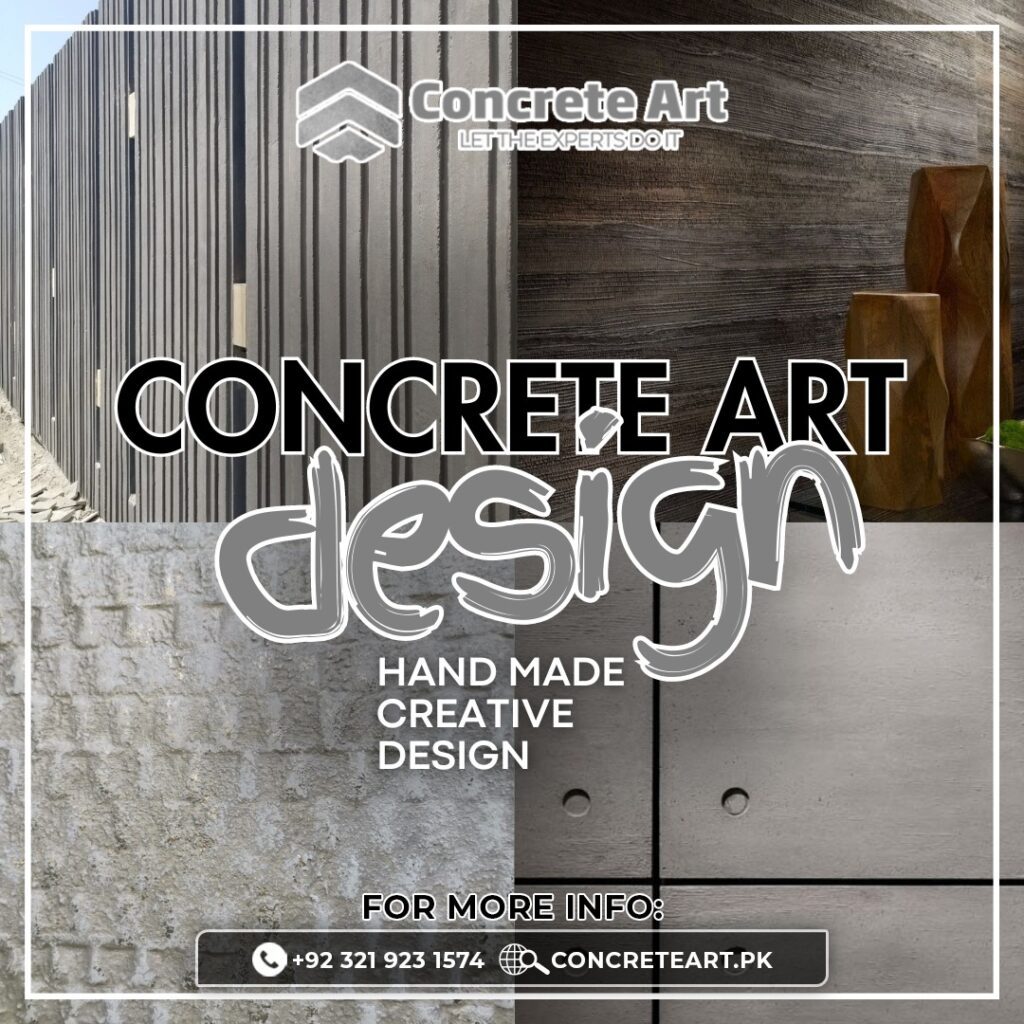Concrete has long been the foundation of modern construction. Whether you are building a home, renovating a commercial property, or designing an industrial facility, concrete services play a crucial role in shaping strong, durable, and visually appealing structures. From decorative finishes to heavy-duty foundations, concrete offers endless possibilities when handled by experienced professionals.
This article explores the types of concrete services available, their benefits, and why choosing the right team is essential for achieving lasting results.
What Do Concrete Services Include?
Concrete services cover a wide range of applications. They are not limited to basic pouring and setting but extend to specialized solutions that combine both strength and style. Common services include:
- Foundations and Slabs: The base of every building begins with well-laid concrete.
- Driveways and Walkways: Durable, weather-resistant paths designed for everyday use.
- Stamped Concrete: Decorative patterns that mimic stone, brick, or tile.
- Polished Concrete: A smooth, reflective surface suitable for modern interiors.
- Concrete Walls and Retaining Walls: Essential for structural support and landscaping.
- Custom Installations: Tailored solutions that meet unique architectural needs.
These services are adaptable, making concrete one of the most versatile materials in construction.

Advantages of Professional Concrete Services
1. Durability That Lasts
Concrete is one of the most resilient building materials available. When installed by skilled professionals, it can withstand heavy loads, harsh weather, and high traffic, making it perfect for both residential and industrial projects.
2. Cost-Effectiveness
Compared to other construction materials, concrete offers an excellent balance of affordability and performance. Professional concrete services ensure you get the maximum value from your investment.
3. Low Maintenance
Concrete requires minimal upkeep. Regular cleaning and occasional sealing are enough to preserve its strength and appearance for years.
4. Design Flexibility
Through techniques such as stamping, staining, and polishing, concrete can be transformed into a stylish feature. This makes it suitable for both functional and decorative applications.
5. Eco-Friendly Construction Material
Concrete is sustainable because it can be produced locally, minimizes waste, and contributes to energy efficiency by regulating indoor temperatures.
Residential Concrete Services
Homeowners often choose concrete for both its functionality and design potential. Popular residential uses include:
- Patios and Outdoor Living Spaces: Creating strong and stylish areas for relaxation.
- Driveways: Long-lasting driveways that maintain their quality over time.
- Interior Floors: Polished concrete adds a modern, low-maintenance finish.
- Garden Pathways: Weather-resistant walkways that blend with outdoor landscapes.
These solutions combine practicality with visual appeal, enhancing property value and comfort.
Commercial and Industrial Concrete Services
Concrete is the backbone of commercial and industrial construction. Businesses and developers rely on it for:
- Parking Lots and Pavements: Durable surfaces that handle heavy vehicle traffic.
- Showroom Floors: Polished concrete for a clean, professional look.
- Warehouse Flooring: High-strength concrete designed to withstand machinery and storage loads.
- Retaining Walls and Barriers: Essential for safety, landscaping, and space optimization.
Professional concrete services ensure that projects meet both aesthetic and safety standards while staying within budget.
Decorative and Custom Concrete Options
Concrete is no longer seen as a dull, gray surface. Modern techniques have transformed it into an attractive design element.
- Stamped Concrete: Adds textures and patterns to replicate natural stone or brick.
- Colored Concrete: Pigments and stains can create unique designs.
- Exposed Aggregate: Decorative stones embedded into the surface for a natural look.
- Polished Finishes: Sleek, reflective flooring for contemporary spaces.
These decorative solutions allow architects and homeowners to integrate beauty with strength.
The Process of Professional Concrete Installation
Concrete installation is not just about pouring a mixture. It involves precision and expertise:
- Planning and Preparation: Assessing the site and creating a layout.
- Formwork and Reinforcement: Setting up molds and adding steel reinforcements.
- Mixing and Pouring: Using the right concrete mix for specific applications.
- Finishing: Smoothing, stamping, or polishing the surface.
- Curing: Allowing proper drying time for maximum strength.
Skilled professionals follow these steps to ensure a flawless and durable result.
Maintenance Tips for Concrete Surfaces
To get the most out of concrete installations, simple maintenance practices can go a long way:
- Sweep or wash regularly to remove dirt and debris.
- Apply sealants every few years for added protection.
- Address small cracks promptly to avoid larger issues.
- Avoid harsh chemicals that may damage the surface.
These measures help extend the lifespan and beauty of your concrete surfaces.
Why Choosing the Right Concrete Services Matters
While concrete itself is strong, the expertise of the team handling it determines its performance. Poorly executed work can lead to cracks, uneven surfaces, and structural weaknesses. Professional services ensure:
- Correct mixing ratios for strength.
- Proper installation techniques for durability.
- Creative design applications for visual appeal.
- Long-lasting results with minimal maintenance.
Choosing the right professionals ensures that your project stands the test of time.
Outcome
Concrete has evolved from being a purely functional material to a versatile and stylish choice for modern construction. Whether you need a foundation, decorative finish, or industrial-grade flooring, concrete services provide solutions that blend strength with design.
By working with skilled professionals, you can transform ordinary spaces into durable and visually striking environments. From homes to large-scale developments, concrete remains one of the most reliable materials in the world of construction.
Comment (1)
Comments are closed.

Affordable Wall Panelling Price in Pakistan
October 31, 2025[…] an understanding of both style and practicality, ConcreteArt.pk provides high-quality wall panelling that elevates any interior—residential or commercial. Whether you’re looking for MDF, concrete […]